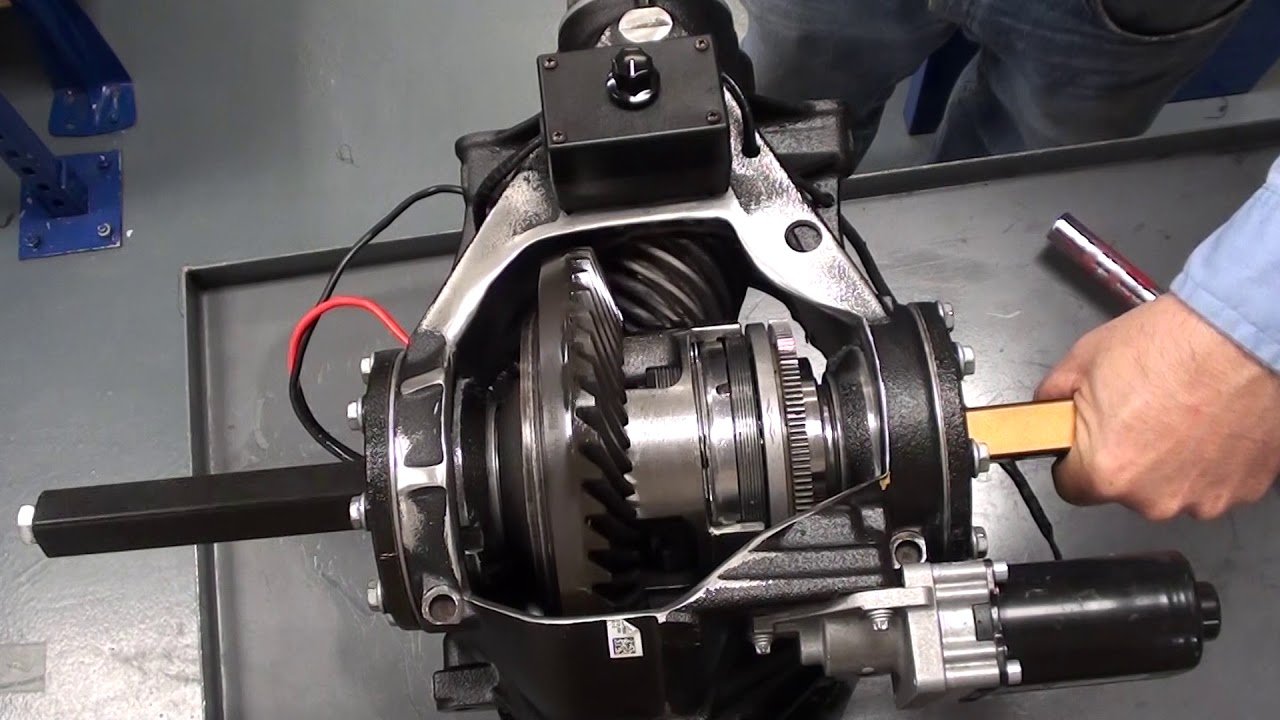Maximize Your BMW's Performance with Proper Differential Maintenance
As a BMW owner, you know that your vehicle is more than just a car - it's a high-performance machine. And to keep your BMW running at its best, it's essential to maintain its various components. One critical part of your BMW's drivetrain is the differential. In this article, I'll explain what a differential is and why it's important, as well as the signs that your BMW's differential needs maintenance. I'll also cover BMW differential fluid service, including a step-by-step guide to doing it yourself. Plus, I'll discuss the BMW differential maintenance schedule, common problems, and how to avoid them. Finally, I'll explain why it's important to choose the right BMW differential fluid and the benefits of regular maintenance.
Introduction to BMW Differential Maintenance
Your BMW's differential is the component responsible for transferring power from the engine to the wheels. It's a complex system of gears that allows each wheel to rotate at a different speed, which is necessary for turning and cornering. Without a differential, your BMW would be unable to turn, and the wheels would slip or skid. Therefore, it's essential to maintain your BMW's differential to keep your car running smoothly. Regular differential maintenance will not only prolong the life of your vehicle but also improve its performance and fuel efficiency.
What is a Differential and Why is it Important?
As mentioned earlier, the differential is a device that allows each wheel to rotate at a different speed. It's located between the drive wheels and divides the power from the engine to each wheel. A differential helps your car to turn and handle better, especially in tight corners. It also reduces wear and tear on your tires, as well as on the drivetrain. In a BMW, the differential is a critical component that contributes to the car's performance and handling. Therefore, proper differential maintenance is crucial to keeping your BMW running at its best.
Signs that Your BMW's Differential Needs Maintenance
Like any other part of your car, the differential can wear out over time and eventually require maintenance. Here are some signs that your BMW's differential needs attention:
Unusual Noises
If you hear a whining or grinding noise coming from your car's rear end, it could be a sign of differential problems. The noise may increase or decrease with speed or when turning.
Vibration or Shaking
A faulty differential can cause your BMW to vibrate or shake while driving. This can be particularly noticeable when accelerating or decelerating.
Difficulty Turning
If you're having trouble turning your BMW, especially at low speeds, it could be a sign of a damaged or worn-out differential.
Leaking Fluid
If you notice a puddle of fluid under your car, it could be a sign of a leaking differential. The fluid may have a burnt smell and be thicker than regular oil. If you notice any of these signs, it's best to have your BMW's differential inspected by a professional.
BMW Differential Fluid Service - What it is and Why it's Important
One of the most critical aspects of BMW differential maintenance is fluid service. Differential fluid is essential for lubricating the gears and bearings inside the differential. Over time, the fluid can become contaminated or break down, which can lead to increased friction and wear on the gears. Therefore, it's important to change your BMW's differential fluid regularly. BMW recommends changing the fluid every 30,000 miles, although some models may require more frequent changes. A differential fluid service is a relatively simple procedure that can be done by a professional or at home.
BMW Differential Maintenance Schedule
In addition to regular differential fluid service, it's essential to follow BMW's maintenance schedule for your vehicle. The recommended maintenance intervals vary depending on the model and year of your BMW, but they typically include: Inspecting the differential for leaks and damage Replacing the differential fluid Replacing the differential bearings and seals (if necessary) Inspecting the driveshaft and universal joints Inspecting the CV joints and boots Inspecting the axles and wheel bearings By following the recommended maintenance schedule, you can keep your BMW's differential in top condition and avoid costly repairs down the road.
Common BMW Differential Problems and How to Avoid Them
Even with regular maintenance, BMW differentials can still experience problems. Here are some common issues:
Bearing Failure
Worn-out or damaged bearings can cause noise, vibration, and even complete differential failure. Regular maintenance can help prevent bearing failure.
Gear Wear
Differential gears can wear out over time, especially if the differential fluid is not changed regularly. Replacing worn-out gears can be expensive, so it's essential to follow the recommended maintenance schedule.
Leaks
As mentioned earlier, leaks can be a sign of a damaged or worn-out differential. Regular inspections can help catch leaks before they cause significant damage.
Improper Fluid
Choosing the right differential fluid is crucial to maintaining your BMW's differential. BMW recommends using a synthetic differential fluid that meets their specifications. Using the wrong fluid can cause damage to the gears and bearings, which can be expensive to repair. It's also essential to use the correct viscosity and grade of fluid for your BMW. Using the wrong viscosity can cause excess wear and tear on the gears, while using the wrong grade can cause the fluid to break down more quickly.
Benefits of Regular BMW Differential Maintenance
Regular maintenance of your BMW's differential can provide several benefits, including:
Improved performance and handling
Increased fuel efficiency Prolonged lifespan of your vehicle
Reduced risk of costly repairs
By following the recommended maintenance schedule and performing regular differential fluid service, you can keep your BMW running at its best for years to come.
Conclusion - Maintaining Your BMW's Differential for Optimal Performance
In conclusion, proper differential maintenance is crucial to keeping your BMW running at its best. Regular maintenance, including differential fluid service, can improve your car's performance and fuel efficiency while prolonging its lifespan.
By following the recommended maintenance schedule and performing regular inspections, you can avoid costly repairs down the road. And by choosing the right differential fluid and viscosity, you can ensure that your BMW's differential is properly lubricated and protected.
So, take care of your BMW's differential, and it will take care of you



